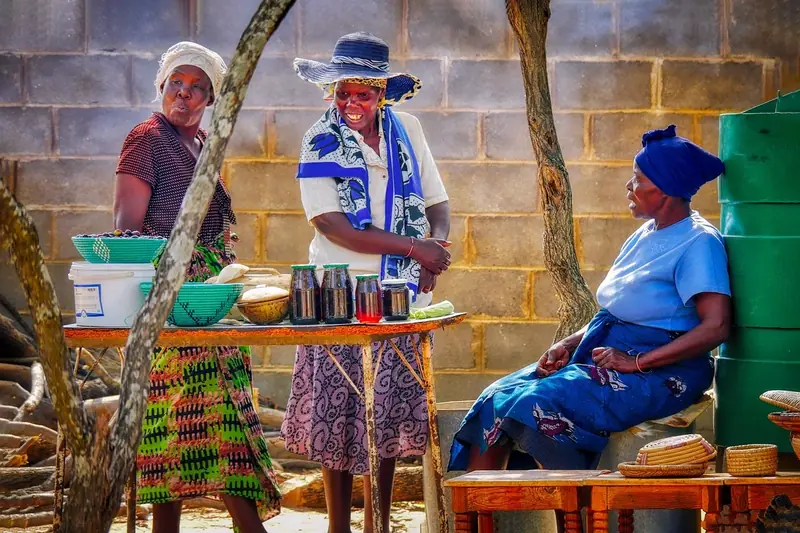
Have you ever wondered what people living at the foot of Kilimanjaro eat? It turns out that the traditional African diet boosts the immune system and is, in many ways, healthier than the diets commonly found in Western countries.
According to researchers from the Netherlands and Tanzania, numerous African communities have long adhered to diets rich in foods that promote gut health and metabolic function. These diets include a variety of vegetables, grains, fruits, and fermented foods.
For years, researchers around the globe have studied the effects of switching to a Western diet, which is high in processed and calorie-dense foods. However, the African population has been underrepresented in these experiments. Moreover, scientists have paid little attention to the impact of everyday African diets on health, as reported by Science Alert.
“Previous studies have focused on other traditional diets, such as Japanese or Mediterranean. However, traditional African diets offer valuable lessons as well, especially now when lifestyles in many African regions are rapidly changing and the incidence of lifestyle-related diseases is on the rise. The diversity of traditional African diets provides unique opportunities to gain insights into how food affects health,” noted Quirijn de Mast, the study’s lead researcher and an infectious disease specialist at Radboud University Medical Center in the Netherlands.

What Did the Researchers Discover?
The team of scientists investigated the health impacts of transitioning from the traditional African diet common in regions neighboring Kilimanjaro to what Tanzanians consider a Western diet.
For the experiment, the team recruited 77 healthy men from urban and rural areas of Northern Tanzania, who either typically consumed Western foods or favored local dishes like the banana and bean soup known as “kiburu.”
The changes resulting from this transition were swift and striking. Significant effects on immune and metabolic profiles were noticeable just weeks after replacing traditional foods—such as various porridge, okra, sour milk, and fermented grains—with a menu featuring sausages, white bread, jams, pancakes, ketchup, and potatoes.
During the study, researchers regularly collected blood samples from the participants for analysis. Those who switched from the Kilimanjaro kitchen to foods like bread and sausages exhibited increased levels of inflammatory proteins and metabolic disturbance markers, along with a significant decrease in immune response to various fungal and bacterial pathogens. Participants also showed a slight increase in weight.
Interestingly, this impact was evident even after four weeks, indicating that the changes in health were not only rapid but also long-lasting.
Why This Research Matters
Scientists believe their work is critically important for the health of African populations. Currently, Western diets are spreading across Africa, supplementing and even replacing traditional dishes that are typically made from healthier ingredients. Additionally, immigrants from African countries moving to Western communities face challenges in preserving their culinary heritage.
“Our research highlights the benefits of traditional African foods for health. At the same time, we demonstrate how harmful an unhealthy Western diet can be,” emphasized the study’s lead researcher.
The findings were published in the journal Nature Medicine.
